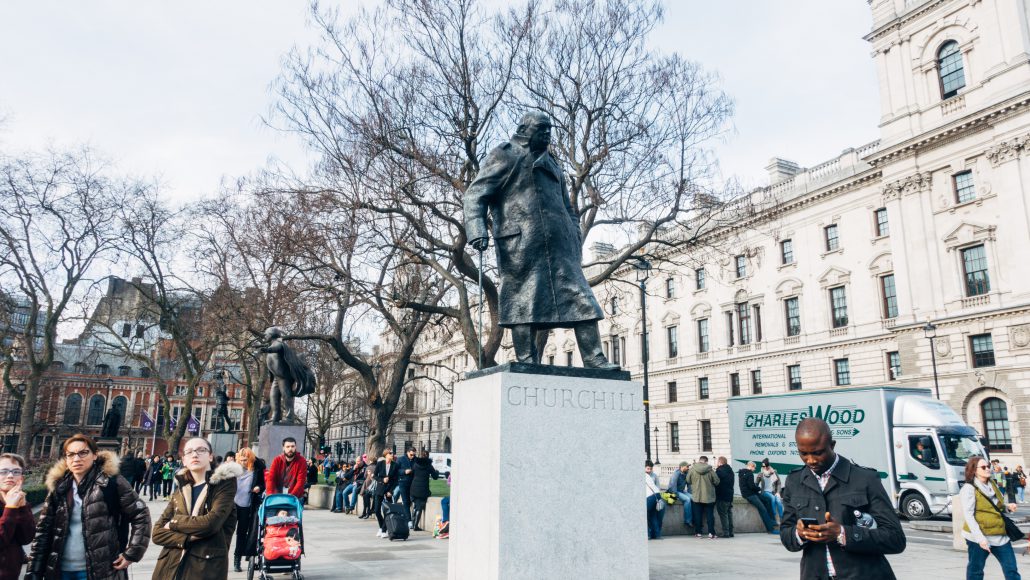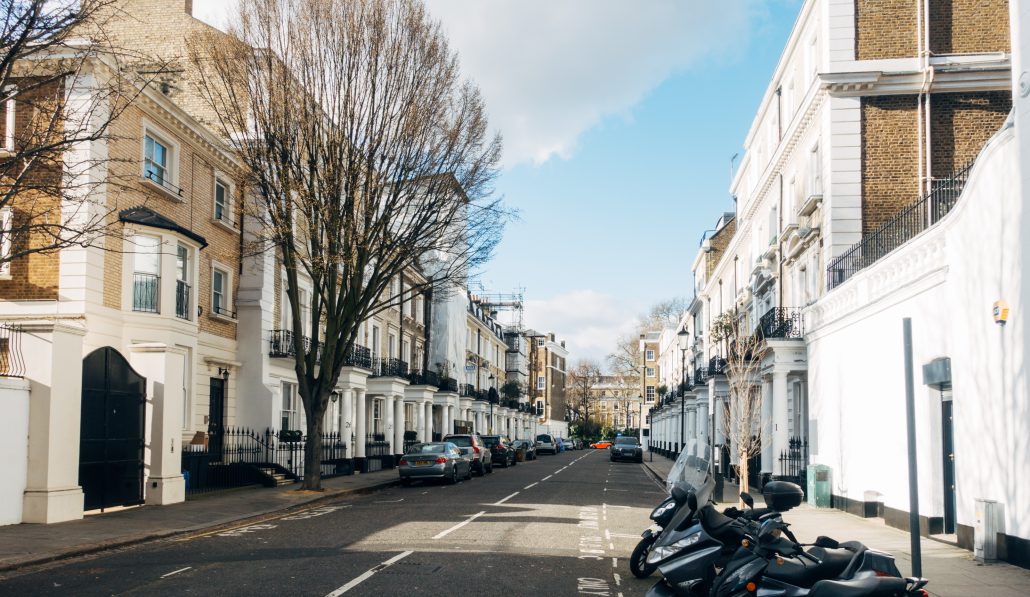France | An Idiot Abroad: BeLEAVE in UK
BY BARRY YANG
LEARNING ABOUT BREXIT
It’s not in every class where you learn something that you can immediately translate to, or see an example of, in real life. Most of the subject matter is immaterial nature and a certain amount of imagination is required to visualize and project. Thus, when the subject matter is material and something contemporary it is a real treat as one can watch, analyze, and experience in real time.
This is what is occurring in my Brexit class. Under the instruction of Professor Helen Drake, I have been learning about the United Kingdom referendum to leave the European Union for the past 3 weeks. While the class itself is quite short in duration (only a month) and moderately biased, it is still very cool to learn about something that is literally happening as I write this. The best part about the class was that this past break I got to spend 10 days in the UK and actually live and see Brexit in context.

Professor Drake is in the remain camp; this was something she made clear to us on the first day of class. While she has her personal biases, she does try to be impartial and offer us the leave perspective as well. However, the class has been overall remain leaning and I feel there is a lack of effort to really try and explain or understand why people wanted to leave the UK. Instead of investigating the mindset of the leave camp, the professor just mostly points to the lack of education and ignorance as the motivations for people to vote leave.
While these two explanations are certainly valid and may even in fact be the most contributing factors to a leave mentality, it overly simplifies the other side and detracts from the complexity and nuances of the issue. After having visited the UK and interacted with the British, I can personally see and understand how a British individual can feel removed from Europe and not identify with the European Union. It is very understandable how this non-EU mindset can lead to Euroskepticism and culminate in a decision to leave the EU.

As part of our course we discussed the idea of how European is England, if at all. After seeing England in person, I personally feel a huge difference between the island and the rest of the continent. The British culture and just overall aurora is palatably different than the rest of Europe’s. From the architecture and language to the culture and social norms, Britain is arguably more American than European. While there is diversity in Britain there is also a feel of great homogeneity. This does not mean everyone is caucasian, it just simply means that there is sense of nationhood amongst the people. Even though individuals may come from different backgrounds and have different cultures, I felt a sense of unity amongst individuals in that there is an implicit overarching British culture.
A great example stems from this very traditional Indian restaurant I visited in the Fitzrovia district of London. While the food, culture, and patrons of the restaurant was distinctively Indian, the restaurant still served traditional British tea and most of the people were drinking it. Obviously Britain has strong ties to India because of historic imperialism and the acceptance of British customs amongst Indians have roots in this era of occupation. However, that does not detract from the fact that there is an overarching British culture present in non-English minority groups. This is purely an anecdotal experience, and I am sure there are groups living in England who refuse to accept or do not embrace British culture. However, in comparison to another continental European nation like France, I can personally feel a difference in how full integrated into the native society immigrants are and the varying senses of unity. This sense of cultural unity was not something I only felt in Britain. To a certain degree, I felt even stronger senses of hometown pride and cultural identity in the rest of the UK.

After seeing the UK in person I can very easily see how a British individual would vote to leave the EU because he or she does not been that Britain is European. I can equally see how an individual would vote to leave the EU due to a sense of British exceptionalism. After seeing London, I am genuinely amazed by the efficacy, friendliness, and sheer beauty of Britain. The towering statues of British thinkers and other important individuals throughout the city hints back at this feeling of exceptionalism and the many jaw dropping buildings and gardens/parks further contribute to this narrative. Not even being British myself, I totally felt a sense of British exceptionalism while I was in London and I can see how and why some British people hold their nation in superiority.

I am excited to see how the rest of my Brexit class plays out as we dive deeper into the topic and finish up our last week of class. I am very glad I had the opportunity to visit the UK and draw parallels from what I learned in the classroom to what was happening in real life. Before I came abroad, the explanations I heard for Brexit were along the same school of thought as those proposed by Professor Drake. However, after having learned more about the topic and being exposed to Britain in real life I can completely understand and believe that some people voted for Brexit simply because their country just did not fit in the EU. To a certain degree are they wrong? The British decision to enter the EU in 1975 was largely transactional, maybe its decision to leave in 2016 is largely emotional.
Barry Yang studied abroad in Lyon, France, in Spring 2017: http://eap.ucop.edu/OurPrograms/france/Pages/default.aspx



